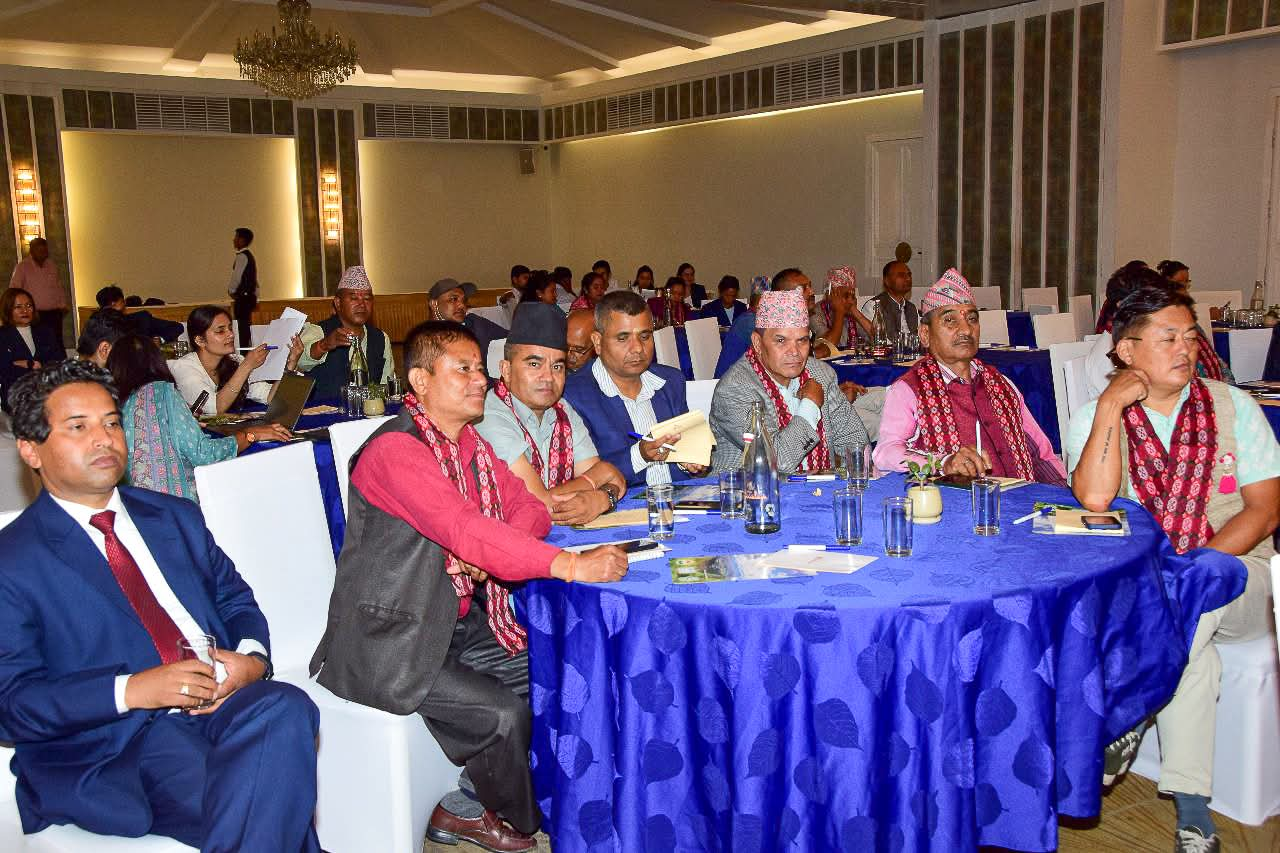Kathmandu, August 20, 2025 - The Kathmandu Valley Development Authority (KVDA), in collaboration with the Global Environment Facility (GEF), UN Environment Programme (UNEP), and UN-HABITAT, organized a one-day training program on “Understanding Ecosystem-Based Adaptation for Climate-Resilient Development in the Kathmandu Valley” for elected representatives and political leaders of Tokha Municipality.
The training, held on Tuesday, is part of the ongoing project Urban Ecosystem-Based Adaptation (Urban EbA) for Climate-Resilient Development in the Kathmandu Valley, which seeks to strengthen urban resilience against climate change impacts through nature-based solutions.
According to KVDA officials, the primary objective of the event was to build knowledge and awareness among municipal leaders about the importance of Ecosystem-based Adaptation (EbA) in urban planning. The session emphasized the need to integrate EbA strategies into municipal development plans and budgeting processes to ensure sustainable and climate-resilient growth.
Experts at the event highlighted that ecosystem-based approaches - such as conserving wetlands, restoring green spaces, and enhancing natural water systems - are vital in reducing climate vulnerabilities in rapidly urbanizing areas like the Kathmandu Valley. They also stressed the importance of inclusive participation from local governments, communities, and stakeholders in implementing such measures effectively.
This joint initiative of national and local governments, supported by international partners, demonstrates Nepal’s growing commitment to advancing local climate actions through ecosystem-based solutions. Organizers noted that the lessons from Tokha Municipality could serve as a model for other municipalities in the valley and beyond.